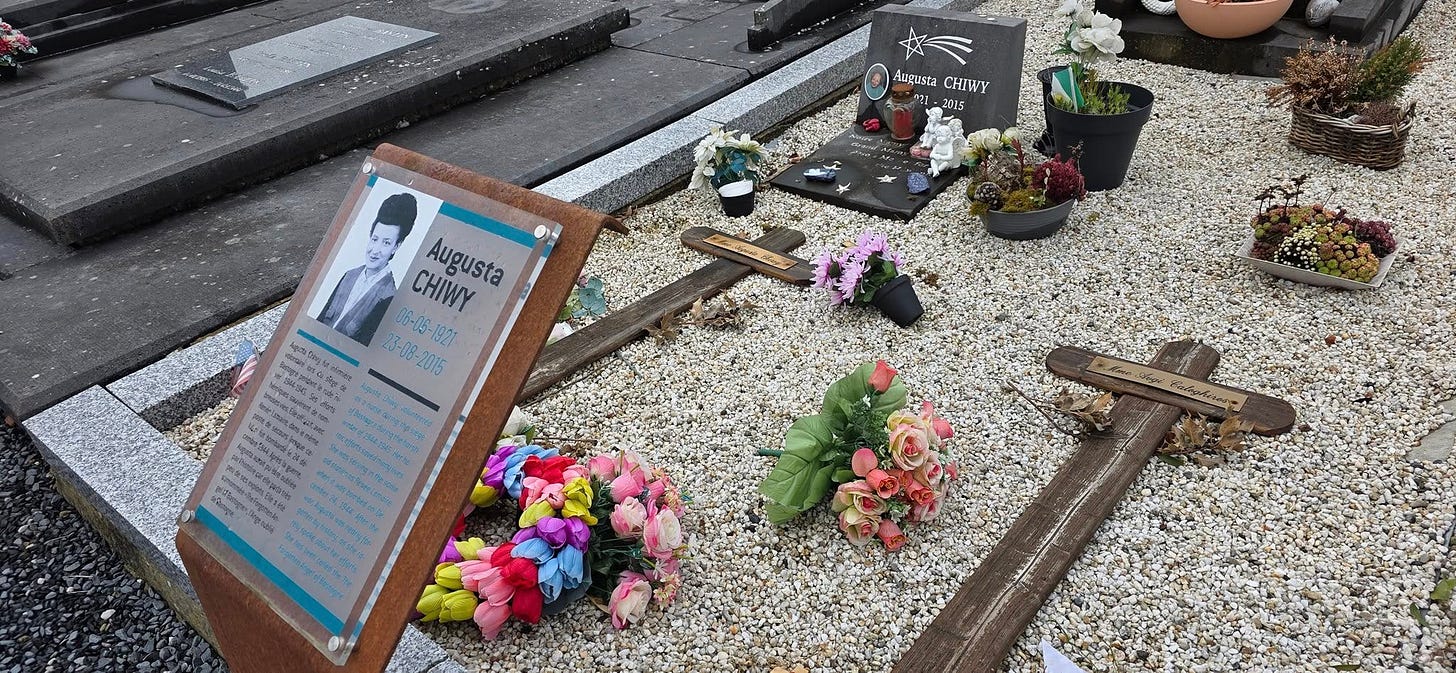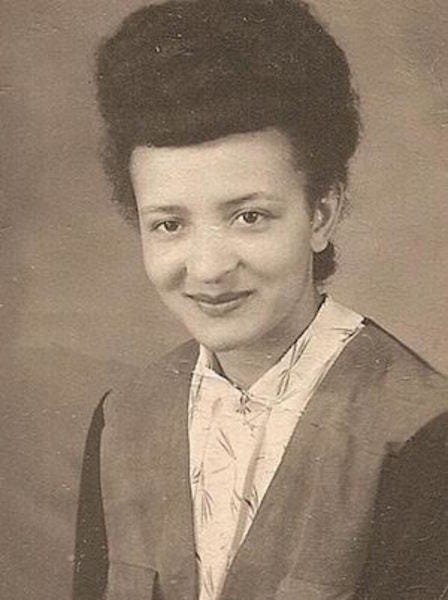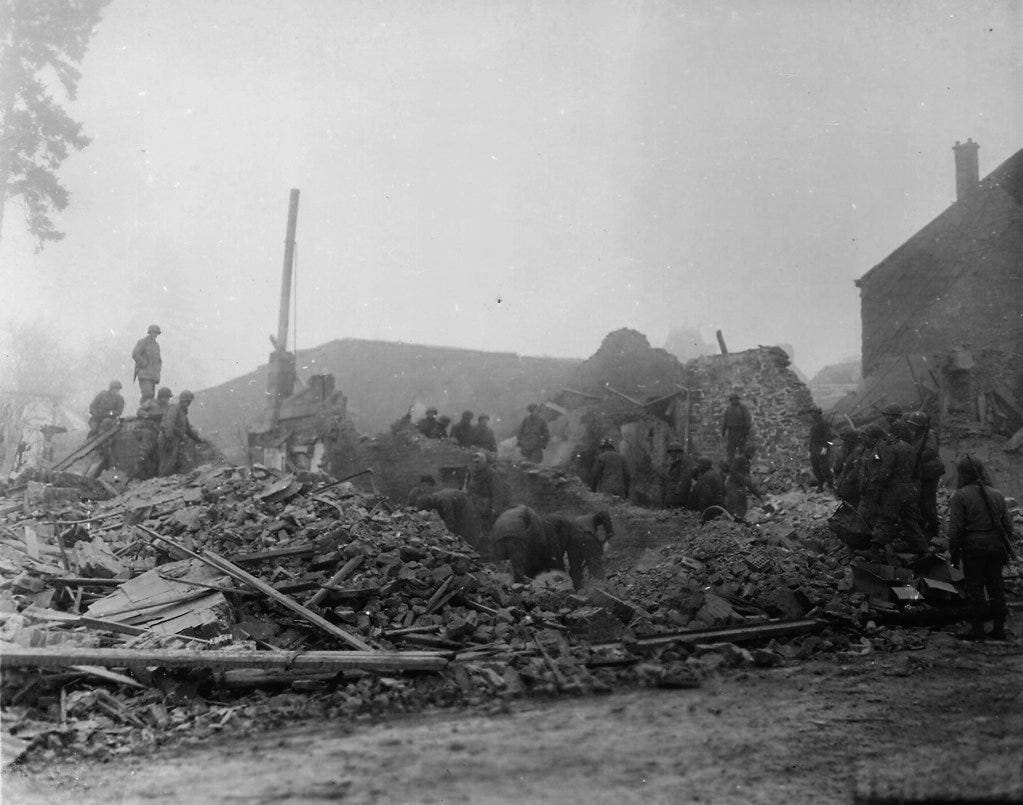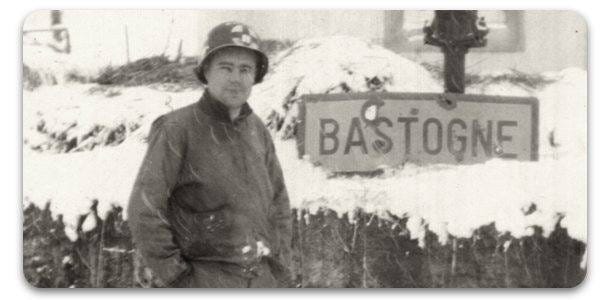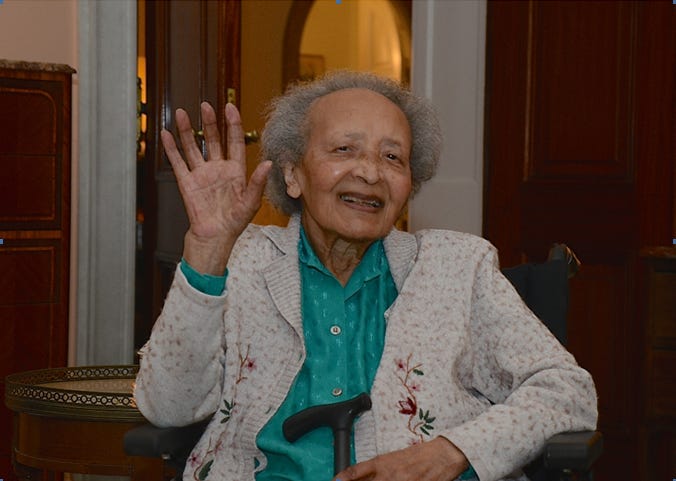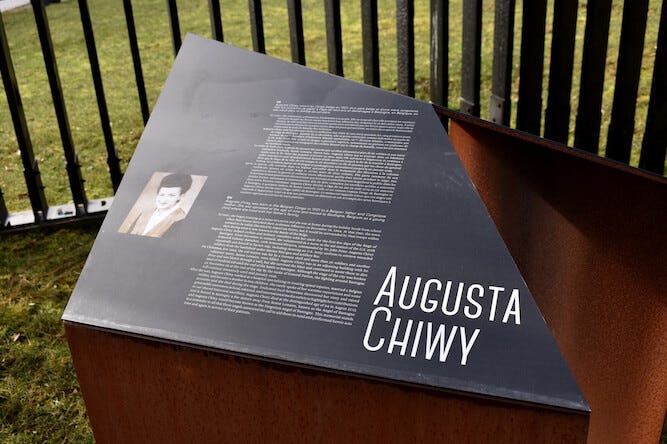The forgotten Angel of Bastogne
The story of Augusta Chiwy, the women who risked everything to heal others in the Battle of the Bulge.
A Quiet Hero in a City Under Fire
When the bombs began to fall on Bastogne in December 1944, most people tried to escape. Augusta Chiwy stayed. The 23-year-old nurse had come home to visit her father for Christmas when war swallowed the town. American soldiers were trapped, German shells were falling, and hospitals were overflowing.
Augusta did not have a weapon or a uniform, only her medical training and her will to help. She joined Dr. John Prior at a makeshift aid station near the front line, where the wounded arrived faster than anyone could count. In a war remembered for tanks and generals, she was one of the few who chose to stand in the middle of chaos and save lives instead of her own.
This piece is part of a series exploring real-life heroes, men and women who live out Christian virtues through courage, compassion, and faith in action.
A Childhood Between Two Worlds
Augusta Chiwy was born in 1921 in the Belgian Congo to a Congolese mother and a Belgian father. When she was a young girl, her father brought her to Belgium to study. It was not an easy childhood. She was one of the few Black children in the country at the time, often stared at and treated as different.
Still, she grew into a bright and compassionate woman. She studied nursing in Leuven and planned to dedicate her life to healing. When the Second World War broke out, she was already working as a nurse, caring for patients who had lost nearly everything.
War Reaches Bastogne
By late 1944, the war seemed to be nearing its end. The Allies had pushed deep into Europe. Then, in one last desperate move, Hitler launched a surprise attack through the Ardennes forest. It became known as the Battle of the Bulge, one of the bloodiest fights of the war.
Bastogne, a small Belgian town, became a symbol of resistance. The 101st Airborne Division was surrounded with no way out, freezing temperatures, and almost no medical supplies. Civilians hid in basements. Many believed help would never come.
Augusta had returned to Bastogne to spend Christmas with her father. When the bombing began, she could have fled. Instead, she ran toward the sound of explosions to offer help at a local aid post. That decision would define the rest of her life.
Days of Fire and Mercy
Dr. John Prior, a military physician, was desperate for help. The wounded filled every hallway. Supplies were gone. Blood froze before it could be used.
Augusta stepped in without hesitation. She worked day and night beside Dr. Prior, cleaning wounds, giving water, and comforting soldiers who cried out for their mothers. Sometimes the patients screamed so loudly that the walls shook. She learned to block it out and keep her hands steady.
One witness later said she moved through the hospital “as if guided by light.” Another remembered her calm voice as shells exploded nearby.
Racism did not stop during war. Some soldiers were shocked to see a Black nurse tending to them. A few refused her help at first. But as the days passed and they realized how much she cared, even the most skeptical began to trust her. To many, she became a symbol of grace in a place where there was none.
When the need grew desperate, Augusta reportedly dressed in part of a soldier’s uniform so she could reach the frontlines with Dr. Prior and retrieve the wounded herself. She crawled through shellfire and snow, pulling men from the mud and bringing them back to safety. There are accounts of her standing over the injured as bullets struck the ground nearby, refusing to abandon them.
On Christmas Eve, a bomb hit the building where she and Dr. Prior were treating patients. Many were killed instantly. Augusta was thrown to the ground but survived and returned to work that same night in a new location.
When Bastogne was finally relieved, more than a week later, hundreds of soldiers owed their lives to the care of that small medical team.
Forgotten, Then Found Again
After the war, Augusta returned quietly to her nursing career. She did not seek fame or medals. Belgium moved on, and so did she. For decades, no one outside Bastogne remembered her story.
Dr. Prior mentioned her bravery in passing, but few listened. She lived a simple life in Brussels, working in a hospital and later retiring in near obscurity.
Her story might have stayed lost if not for historian and author Martin King. In the 2000s, while researching for the book Voices of the Bulge, King began hearing veterans speak of a “Black nurse in Bastogne” who worked under impossible conditions. After months of searching, he found Augusta alive in a care home, soft-spoken and humble.
When he asked why she had done it, she simply said, “You do what you have to do, don’t you?”
Her rediscovery brought her story to the public eye. She was featured in documentaries and honored by both Belgium and the United States. The U.S. Army awarded her the Civilian Award for Humanitarian Service, and she received formal recognition from the Belgian monarchy.
Her bravery was also indirectly portrayed in popular culture. The nurse in the Band of Brothers “Bastogne” episode, who tends to wounded soldiers amid bombardment, was partly inspired by Augusta Chiwy’s story, though she was not named. The show helped renew curiosity about her and led more people to learn who she really was.
The Weight of Being Seen
Augusta’s story is not just about one woman’s courage. It is also about the silence that followed. For decades, Black soldiers and nurses who served in the Second World War received little acknowledgment. Their stories were erased or minimized.
Augusta’s rediscovery reminds us that history often overlooks those who don’t fit its preferred image of a hero. She was a woman, a person of color, and a civilian. Yet her courage was equal to anyone on the battlefield.
Her faith, too, was quiet but strong. Those who met her said she prayed often, trusting that God had placed her there for a reason. She never called herself a hero. She simply believed it was right to help where help was needed most.
A Legacy of Quiet Bravery
Today, visitors to Bastogne can find memorials to the soldiers of the 101st Airborne. A few now also remember Augusta Chiwy. There is a plaque, a few photos, and her name etched among the rescuers who refused to leave.
Her life teaches us that heroism is not loud or showy. It is often quiet, carried out in the background, unnoticed at first. She did not fight with weapons, yet she fought against despair and hatred in one of the darkest winters Europe ever saw.
When asked late in life how she felt about finally being recognized, Augusta said, “I only did what anyone should have done.” That humility may be her greatest lesson of all.
In every war, in every crisis, there are people like her, ordinary souls who stay when others flee, who choose mercy when the world chooses violence.
Why Her Story Matters Today
Remembering Augusta Chiwy matters because it widens our idea of what courage looks like. It shows that heroism crosses race, gender, and rank. Her actions were not grand speeches or dramatic rescues, but steady acts of compassion repeated hundreds of times.
In a world that often celebrates the wrong people in the name of progressivism, let us look at a real hero.
